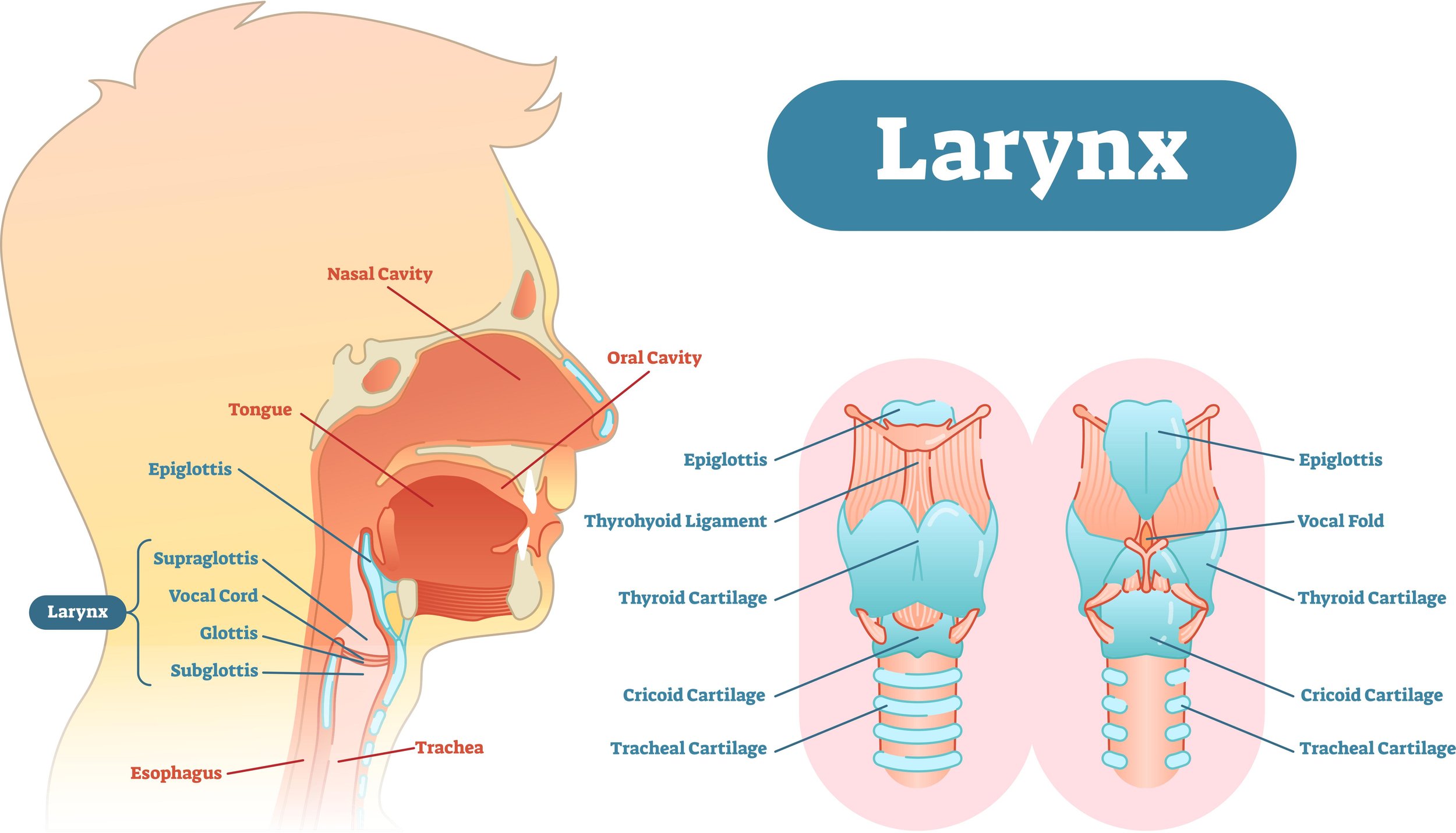my experience with MTD | how to overcome vocal injury
Are you having vocal health issues? Do you notice that your voice feels strained or tired?
I’ve been there - having voice issues has been really devastating for me, and has required a lot of patience to work through.
A lot of shame can come up for singers and voice users around vocal health issues. But just because you’re having issues doesn’t mean you’re bad at singing. Athletes get injured - it’s part of doing something a lot!
In this blog, I’m going to share what my experience has been with vocal health issues, and the things that have helped me get through them.
GERD for Singers
In my twenties, I started to notice that my high notes were feeling strained and breathy. As a soprano, this was very concerning to me.
I went to an ENT and the doctor noticed that I had vocal cord swelling that looked like it could be a result of acid reflux, or GERD. He recommended I take a proton pump inhibitor (PPI). PPIs are types of medications that reduce the amount of acid produced in the stomach.
I did experience heartburn, and I had other symptoms, too; I realized that I had been feeling like I had a lump in my throat for years. I started to take Omeprozole every day, once I did, those symptoms went away. I started to notice a difference in my voice, too.
I found that some of my triggers were coffee, onions, garlic, and mint. Pretty classic triggers of GERD. Eliminating these foods (mostly), helped to manage my symptoms, too.
Muscle Tension Dysphonia for Singers
Later, in my thirties, I again noticed a tense, breathy quality in my voice. I was diagnosed with Muscle Tension Dysphonia (MTD).
MTD occurs when the vocal cords aren’t functioning correctly, and muscles that shouldn’t be involved in phonating start to squeeze and cause tension. This can happen for many different reasons, and the recovery can look different for different people.
I think that my acid reflux issues played a part in this, as well as overuse of my voice. As a teacher, I use my voice a lot throughout the day. I also wasn’t mindful of being in loud restaurants or bars and pushing my voice more than I should have.
In order to address this, I went to see a Speech Language Pathologist who gave me a regimen of semi-occluded vocal tract exercises (SOVTEs). I also focused on proper hydration, and making sure I rested my voice when it needed rest.
Technique for Vocal Health
Once I had my voice in slightly better shape, I started taking lessons with some wonderful teachers. They helped me to adjust my technique so that I was singing in a healthier way.
Throughout my many years of jazz singing, I had developed some bad habits. I wasn’t fully accessing my chest voice or my head voice, but always singing in my mixed voice. Working with my teachers, I found much more ease and richness in my voice by focusing on resonance and “working out” my entire range.
I do lots of exercises to loosen up the muscles around my larynx, as well, like neck stretches. I also do yoga and meditate to work on relaxing.
Vocal Health is a Part of Singing
I’m still on a journey with my vocal health. I recently had a bad episode with acid reflux. I sometimes feel like I’m starting from scratch all over again. But I have so many more tools to help me work through these things.
Know that if you’re having vocal health problems, it doesn’t mean you’re a bad singer. Just like any athlete, you can get injured. Your voice can heal.
You’ve got this!
























